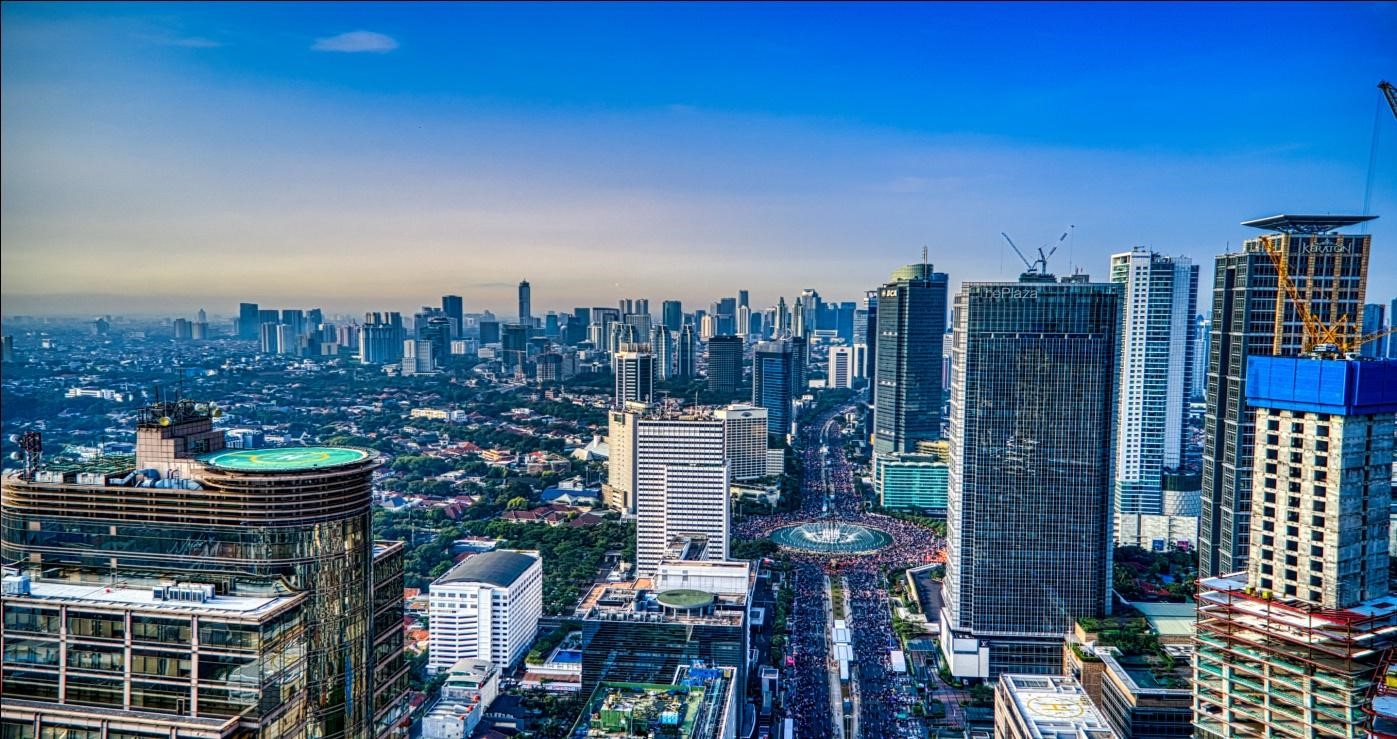
Where Does Indonesia Stand on The Belt and Road Initiative?
Indonesia and China are set to place a new special fund under Beijing’s Belt and Road Initiative (BRI). Jakarta, although cautious of the complexities that come with becoming a part of the BRI, still wants to take advantage of the opportunities that come with it as the initiative continues to evolve and expand.
The countries situated in Southeast Asia, predominantly Indonesia, have been important for the development and expansion of the BRI since it was first revealed to the world in 2013. In fact, it was in Indonesia that the Chinese President, Xi Jinping, launched the “Road” part of the Belt and Road Initiative back in 2013.
To its credit, China has recognized that there are certain benefits it gets with this particular region of Asia that it does not gain in other regions to the same level. Two of those advantages are Indonesia’s geographic proximity to China’s southern provinces, and the strong economic relations Beijing had already established with the surrounding countries adding to its geopolitical influence.
Indonesia, despite having concerns about current BRI ventures, has remained open to addressing the handling of challenges and opportunities of the BRI with China. Their stance can be explained by examining the country’s own priority on infrastructure expansion and progress under President Joko Widodo.
At the Second Belt and Road Forum in April, Indonesia had presented China with the opportunity to partake in 28 projects valued around $91 billion, with the hope that at the very least some of them would be accepted.
Indonesia had initially hoped that the projects would involve transfer of technology and knowledge, the employment of local labor, habitat safety and sustainability, and projects run by the private sector that will not rely on government assurances.
Jokowi has now requested the Chinese government to launch a special fund under the BRI agenda. This step was taken in an effort to gain more authority in setting up the terms and conditions under which it would receive Chinese investment.
So far, few particulars have been made public about the special fund. In fact, the Finance Minister of Indonesia, Sri Mulyani Indrawati is presently carrying out a study on the details, including the structure of the special fund, its size, expenses involved, and the criteria for loans that would come for it. These specifics will be essential in evaluating the role this special fund will play in Indonesia’s developing approach to the BRI.
